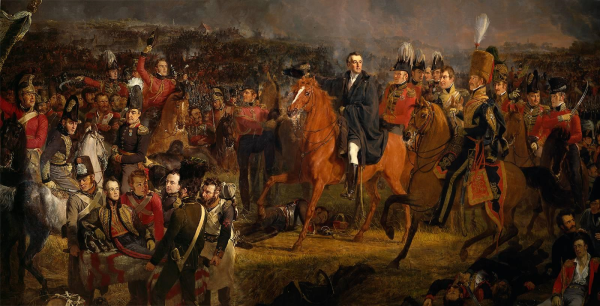A new social attitudes survey has found that over the last decade, people have become less likely to take pride in the country’s achievements and less likely to feel Britain is better than elsewhere.
The study by the National Centre for Social Research analysed trends in people’s conceptions of British identity and their sources of national pride.
In particular, it assesses whether people’s conception of who is ‘truly British’ is primarily ‘ethnic’ or ‘civic’ in character, and how much this has changed over the last thirty years. At the same time, it examines trends in national pride, and whether people with different conceptions of British identity differ in their sources of national pride.
The study also examined whether people’s understanding of national identity in Scotland is different from that in England.
That leads on to an examination of whether the relationship north of the border between people’s conception of national identity and their attitudes towards Scottish independence is the same as or different from the relationship across Britain between perceptions of national identity and attitudes towards Brexit.
Over the last ten years, there has been a decline in the proportion who regard birth or ancestry as important for being ‘truly British’.The proportion who think that to be ‘truly British’ it is important for someone to have been born in Britain has fallen from 74% in 2013 to 55% now.
Similarly, the proportion who believe it is important for someone to have British ancestry has dropped from 51% to 39% while in contrast, 86% say it is important that someone respects British political institutions and laws.
However, most people still take pride in the country’s cultural and sporting achievements. 79% say they are proud of Britain’s achievements in arts and literature, while 77% say the same of the country’s sporting achievements.
Those with a civic understanding of what it means to be British (84%) are more likely than those with an ethnic one (74%) to express pride in Britain’s arts and literature. Conversely, they are less likely to be proud of Britain’s history (65% compared with 74%).
Gillian Prior, Deputy Chief Executive at the National Centre for Social Research, says:
“Our latest report finds Britain has become more inclusive in its attitudes towards what it means to be British. These research findings show that whilst we are less likely to take pride in British history and more critical about its politics, there is still a great deal of national pride in the country’s cultural and sporting achievements. This change in attitudes may have been influenced by the increased diversity and shared citizenship within Britain, presenting a portrait of a nation redefining itself.”







